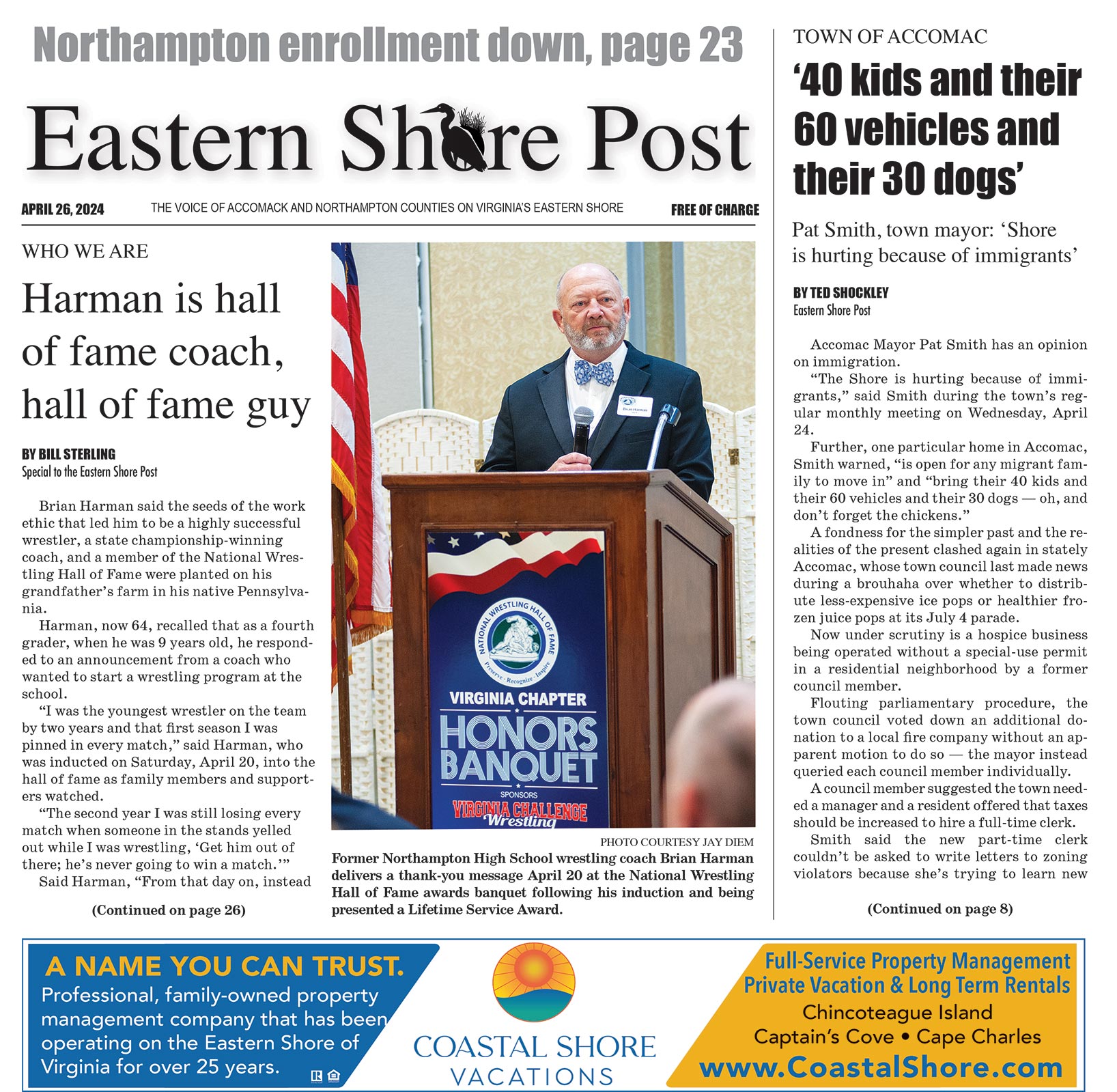Here’s a rule of thumb: We all should treat youth sports coaches like we treat our grandmothers. There are many similarities.
We should listen to youth coaches like we listen to grandmothers: reverently and attentively. We should talk to youth coaches like we’d talk to grandmothers: respectfully and politely.
With Little League poised to begin and high school and middle school baseball and softball in full swing, it is time to evaluate how we interact with youth coaches.
In our critical society, nobody is spared analysis or judgment — elected officials, professional educators, umpires, government workers, ministers, parents, or crazy uncles.
But grandmothers might be the last example of the universally beloved human being whose actions are beyond reproach. What if we viewed our youth coaches the same way?
You wouldn’t heckle your grandmother from the bleachers. You wouldn’t point a finger in your grandmother’s face because she’s not giving your kid enough playing time. You wouldn’t send your grandmother ignorant, anonymous text messages. So don’t do that to a coach.
Grandmothers and youth coaches are rare pillars. They truly are angels of our society.
They will usually give kids a second chance — or a fifth chance.
Grandmothers and youth coaches are largely volunteer positions. If there is any financial benefit, it is a pittance. They are involved in the lives of young people because they want to see them succeed.
Like grandmothers, coaches can get upset and disappointed at times. They might be stern or demanding. They have learned from experience and teach from the heart.
They have earned the benefit of the doubt. The last thing we need is for our coaches or grandmothers to shrug, give up, and walk away.



